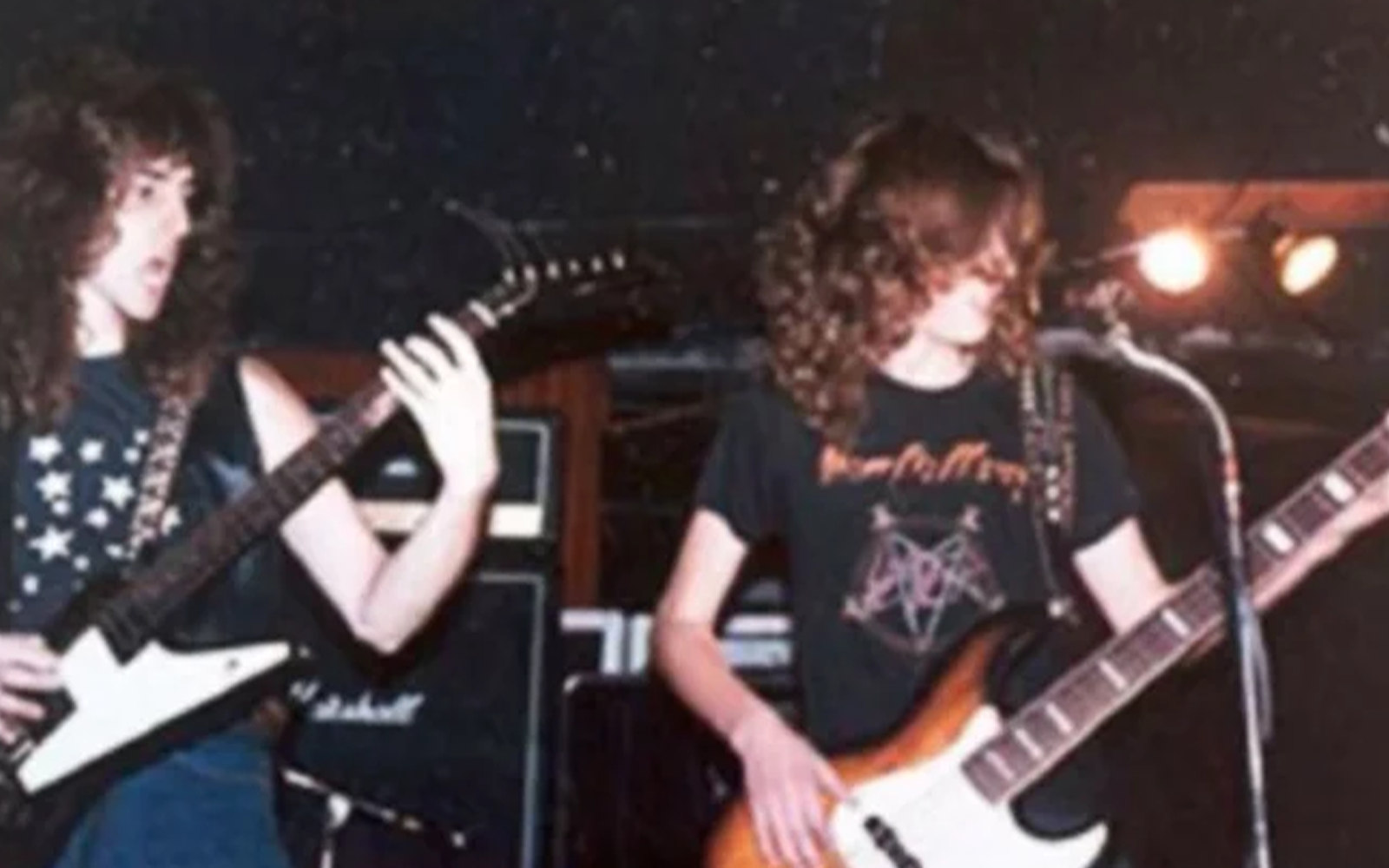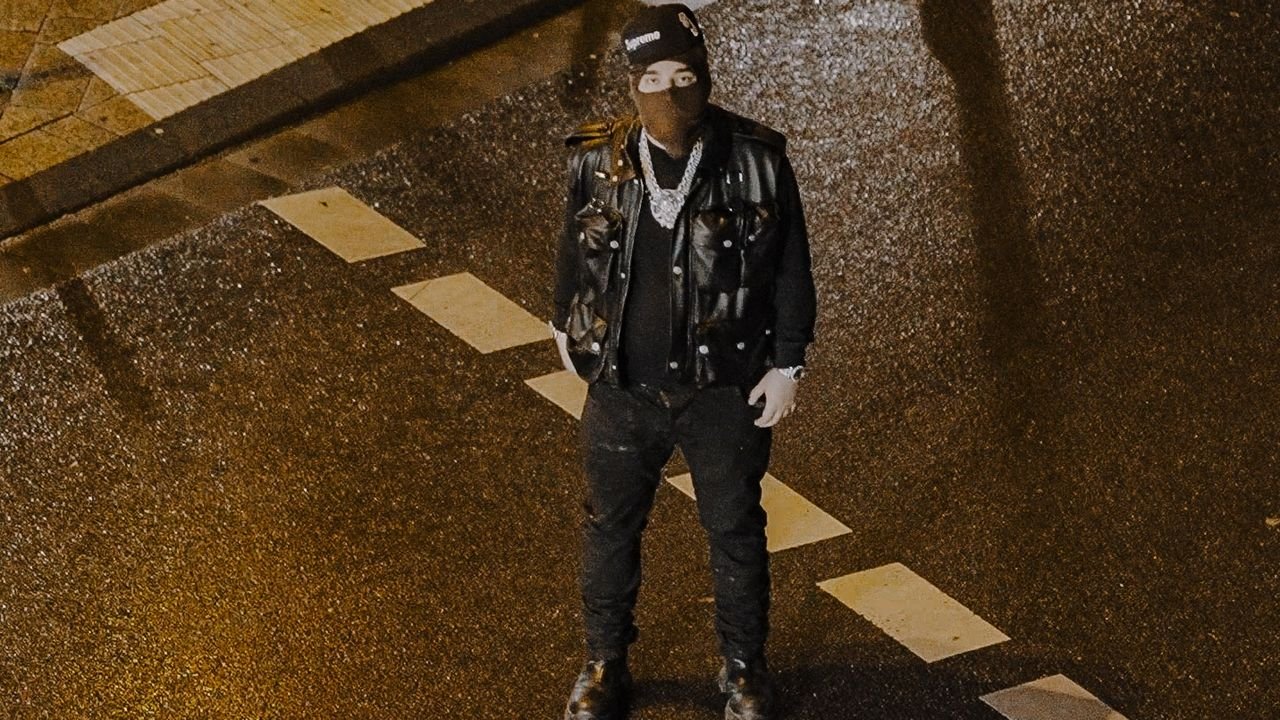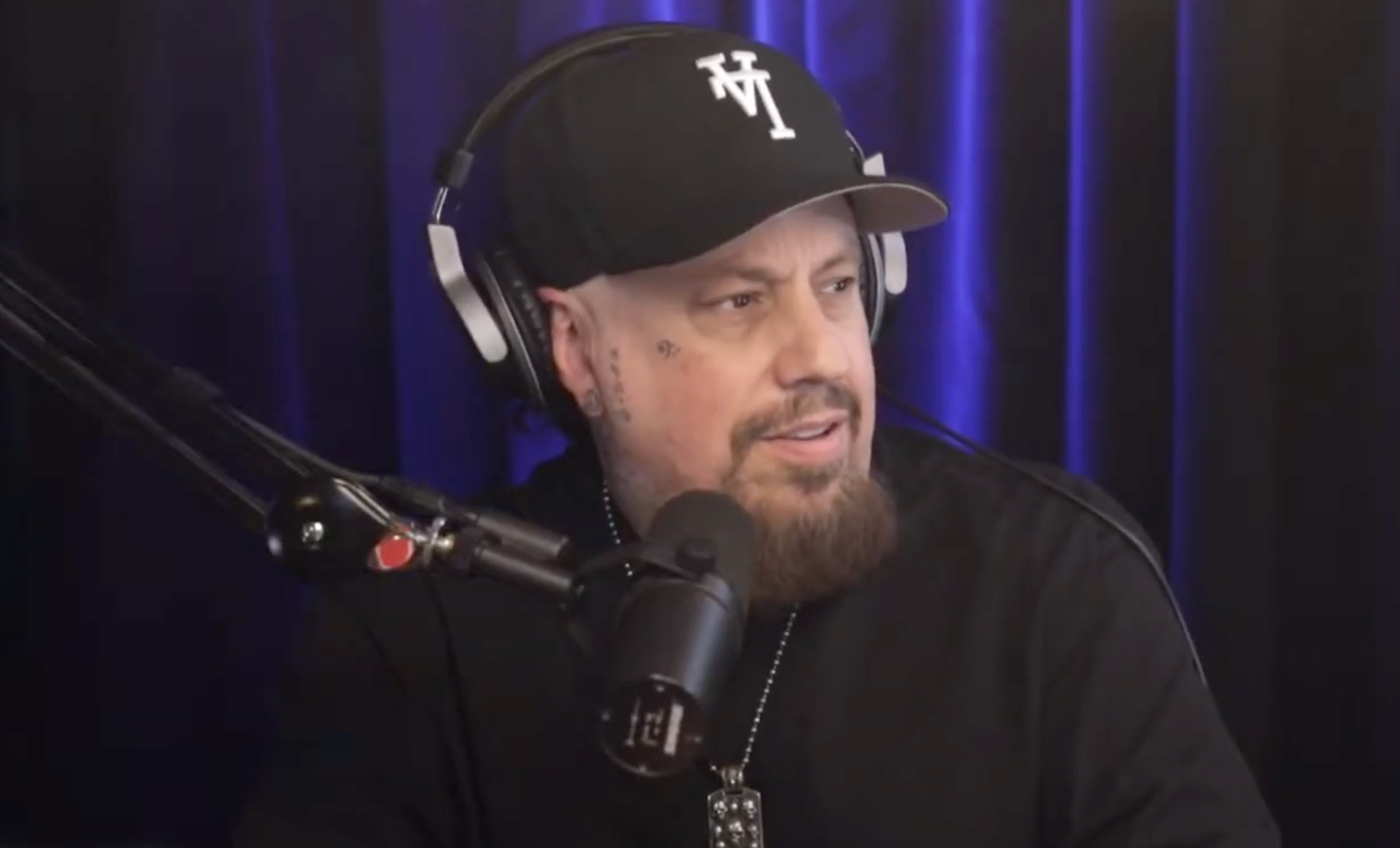The ongoing debate surrounding generative AI and copyright is intensifying, with key players in India’s music industry now joining the legal battle against OpenAI, the company responsible for ChatGPT.
On February 13, 2025, major music entities, including Saregama, T-Series, and the Indian Music Industry (IMI), presented their case in a New Delhi court. They claim OpenAI’s AI training methods involve unauthorized use of copyrighted song lyrics, musical compositions, and recordings, arguing that these materials were utilized without proper licensing or compensation.
A Rising Global Concern Over Copyright
This legal conflict initially began with a lawsuit from Asian News International (ANI), which accused OpenAI of using its copyrighted content without authorization to train its AI models. Since then, the case has attracted interest from multiple industries, including music labels, book publishers, and news organizations. The controversy mirrors similar disputes occurring worldwide, where copyright holders allege that AI firms are unfairly capitalizing on their intellectual property.
The Legal Debate on AI and Fair Use
The case raises fundamental questions about whether AI companies can rely on publicly accessible data under the principle of “fair use.” OpenAI maintains that its AI models operate within fair use guidelines, but music industry representatives argue that AI-generated content derived from copyrighted material without licensing could have significant financial consequences for artists, composers, and music labels.
Legal experts suggest that if OpenAI loses the case against IMI, it could set a precedent affecting AI training practices worldwide. This decision could reshape how AI developers utilize copyrighted music and other creative content, impacting both the music industry and the broader technology sector.
Impact on AI Firms and the Music Industry
As copyright concerns over AI-generated content continue to evolve, the music industry is taking decisive action to protect its creative works. The outcome of this case could shape the future of AI applications in the music sector, determining how AI interacts with copyrighted content moving forward.














Leave a Reply